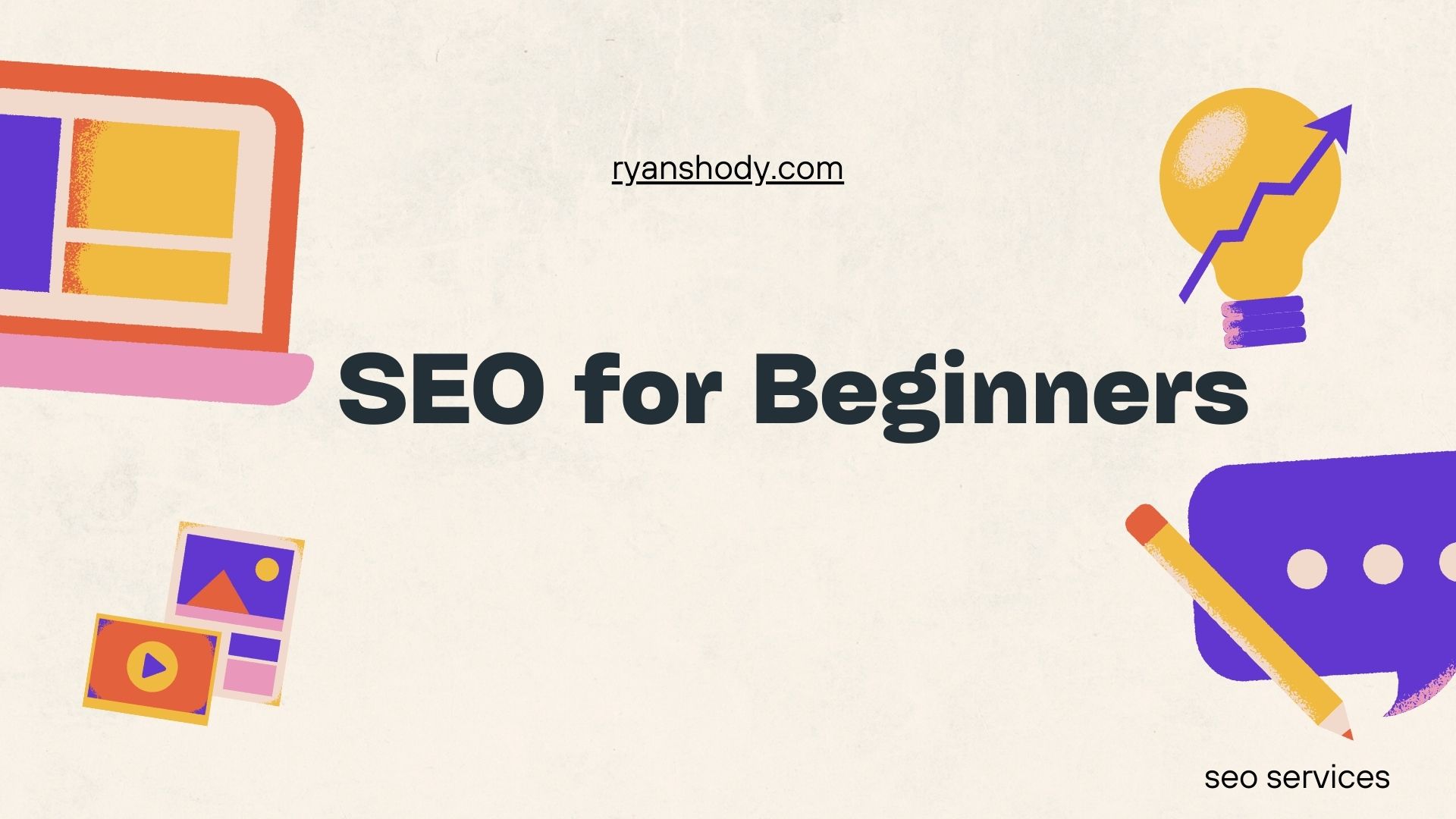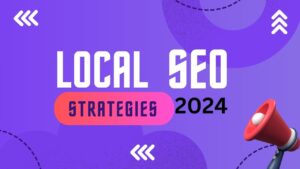SEO for beginners in 2025 is more crucial than ever as the digital landscape becomes increasingly competitive.
The right SEO tools empower those new to the field by simplifying complex optimization processes, making it easier to improve website visibility and search engine rankings.

Importance of SEO Tools for Beginners in 2025
SEO for beginners can seem daunting at first glance, but with the right tools, the journey becomes much more navigable. Here are key reasons why SEO tools are indispensable for beginners in 2025:
- Keyword Research and Analysis: SEO tools simplify the process of identifying the right keywords, which are foundational for optimizing web content.
- Competitor Analysis: Understanding what your competitors are doing is crucial. SEO tools give beginners the ability to analyze their competitors’ SEO strategies, identify their strengths and weaknesses.
- SEO Performance Tracking: Monitoring the performance of your SEO strategies is essential for continuous improvement. SEO tools offer beginners comprehensive analytics on their website’s traffic, keyword rankings.
- On-Page Optimization Guidance: For beginners, optimizing web pages for SEO can be perplexing. SEO tools provide actionable recommendations for improving on-page elements like meta tags, headings, and content quality.
Types of SEO Tools : SEO for Beginners
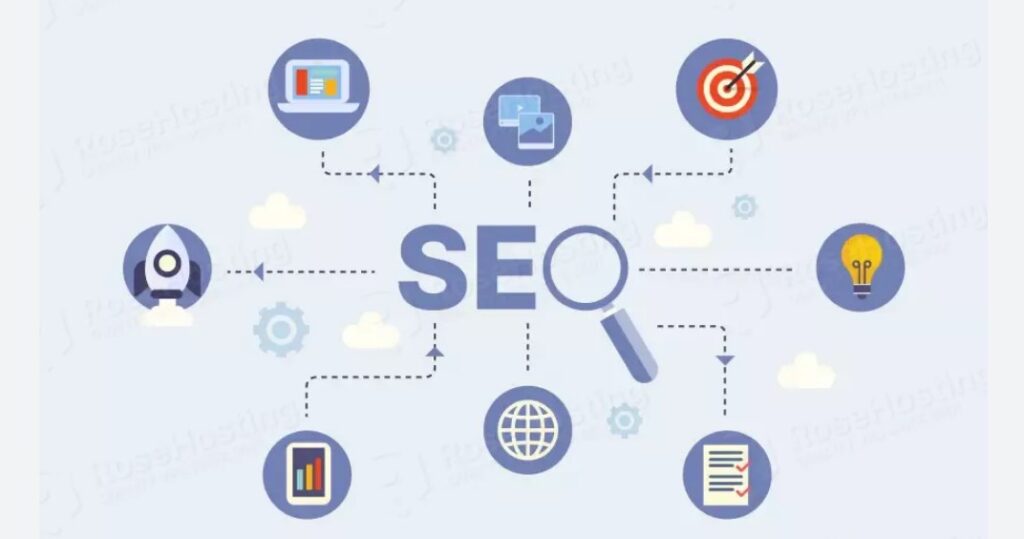
Understanding these tools and their capabilities is crucial for anyone looking to improve their website’s search engine rankings.
Below, we explore five key types of SEO tools, including keyword research tools, on-page SEO analyzers, technical SEO audit tools, backlink analysis tools, and performance and monitoring tools.
1. Keyword Research Tools
A. Google Keyword Planner
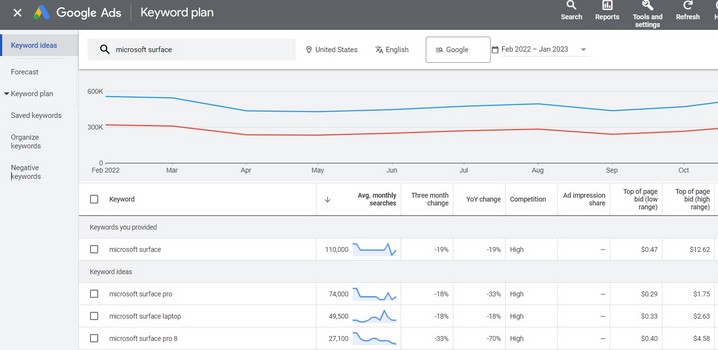
- Best for: SEO for beginners looking for a free and reliable way to start keyword research.
- Key Features:
- Search for keywords based on terms relevant to your business.
- See historical statistics and traffic forecasts.
- Understand keyword competition level.
- Discover new keywords with suggestions.
- Easily integrate with Google Ads for campaign planning.
- Why You Need It: Finding the right keywords is foundational in SEO. Google Keyword Planner helps you identify keywords with high search volumes and low competition, making it easier to target your content effectively.
“For advanced keyword insights, consider [SEMRush]. Learn more here”
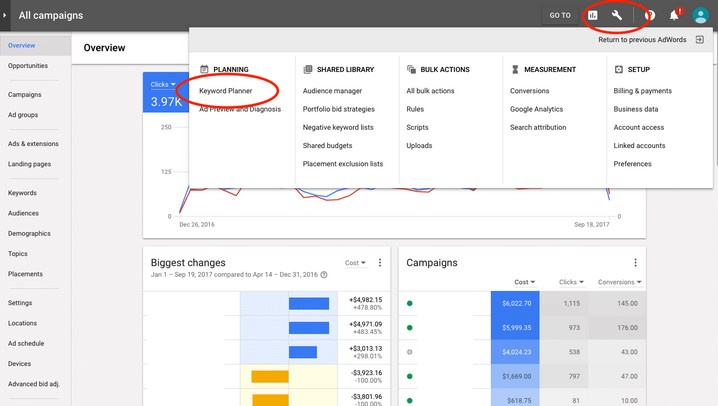
2. On-page SEO Analyzers
A. Yoast SEO (for WordPress)
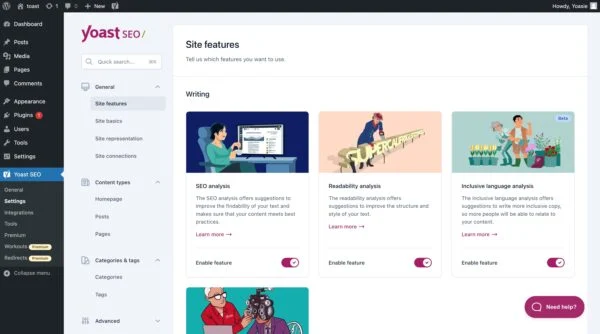
- Best for: Beginners using WordPress who want to improve on-page SEO.
- Key Features:
- Provides SEO analysis based on your focus keyword.
- Offers readability analysis to make content more user-friendly.
- Generates XML sitemaps automatically.
- Gives full control over site breadcrumbs.
- Integrates with Google Search Console.
- Why You Need It: On-page SEO is crucial for making your content visible and attractive to search engines. Yoast SEO guides you through optimizing your content, ensuring it’s both readable and ranks well.
“Unlock Yoast SEO Premium for more advanced features here”
3. Technical SEO Audit Tools
A. Screaming Frog SEO Spider
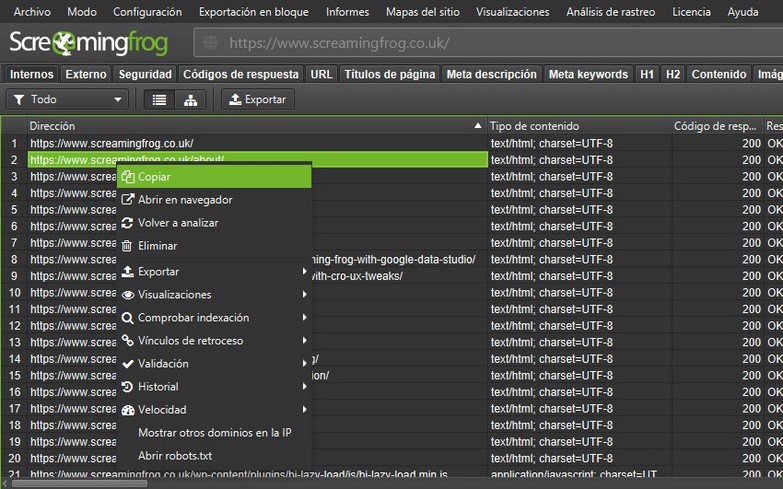
- Best for: SEO for beginners who need to conduct detailed technical audits.
- Key Features:
- Finds broken links (404s) and server errors.
- Audits temporary and permanent redirects (301s, 302s).
- Analyzes page titles and meta data for SEO best practices.
- Discovers duplicate content.
- Integrates with Google Analytics for further insight.
- Why You Need It: Technical SEO issues can significantly impact your site’s ranking. Screaming Frog helps identify and fix common technical SEO problems, ensuring your site is optimized for search engines.
“For a comprehensive audit tool with more features, check out [SEMRush] here [link].”
4. Backlink Analysis Tools
A. Ahrefs
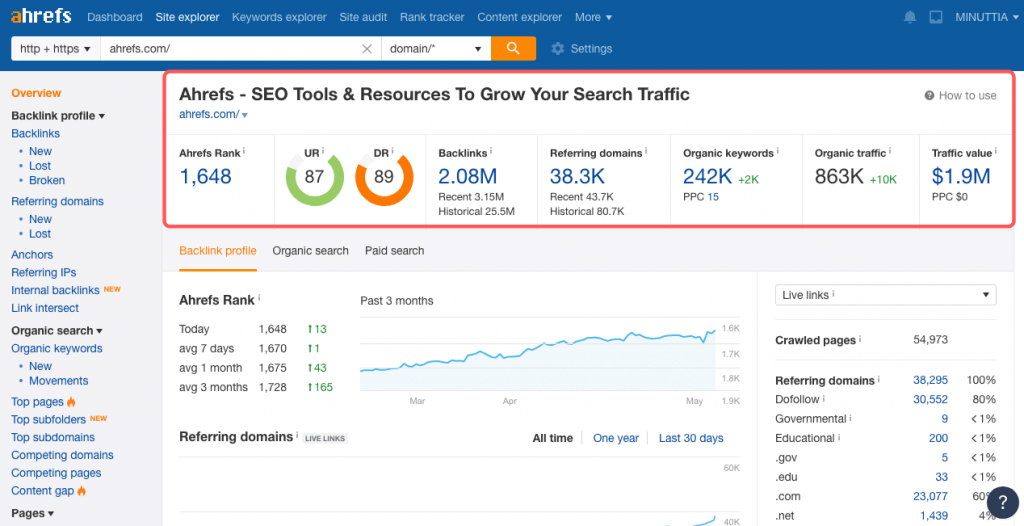
- Best for: Beginners wanting to analyze and build backlinks effectively.
- Key Features:
- Comprehensive backlink profile analysis.
- Competitor backlink research.
- Email alerts for new & lost backlinks.
- Identifies top-performing content in your niche.
- Keyword rank tracking.
- Why You Need It: Backlinks are a critical component of SEO, affecting your site’s authority and rankings. Ahrefs provides detailed insights into your backlink profile and helps identify opportunities for new backlinks.
“Boost your backlink strategy with [Ahrefs]. Discover how here [LEARN MORE].”
5. Performance and Monitoring Tools
A. Google Analytics
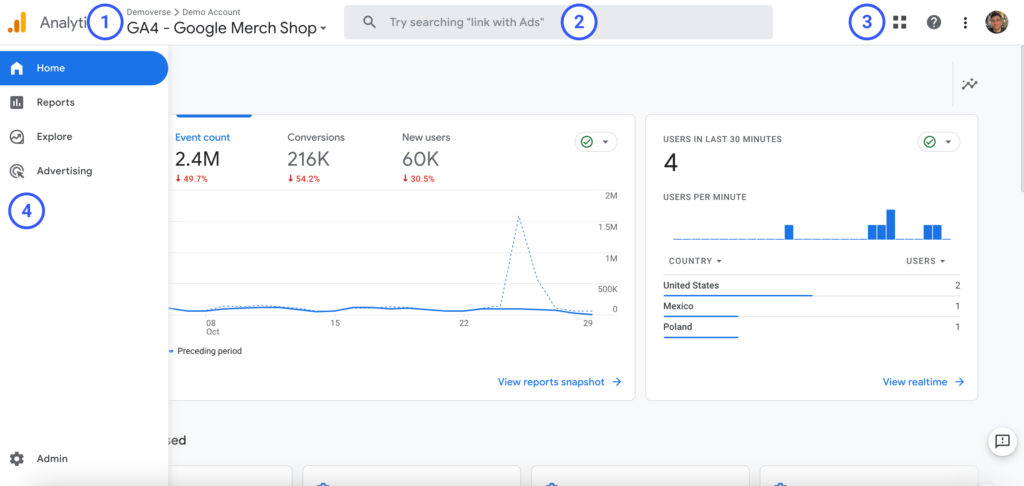
- Best for: SEO beginners looking to track website performance and user engagement.
- Key Features:
- Real-time website traffic analysis.
- User behavior insights (e.g., session duration, bounce rate).
- Traffic source breakdown.
- Conversion tracking.
- Custom reports and dashboards.
- Why You Need It: Understanding your website’s performance and how users interact with your content is essential for refining your SEO strategy. Google Analytics provides the data needed to make informed decisions about content, design, and user experience improvements.
“For enhanced analytics capabilities, consider [Analytics tools] here [LEARN MORE].”
SEO TOOLS IMPORTANCE FOR BEGINNERS
1. Keyword Research Tools
Overview of Keyword Research Tool Importance
For anyone delving into SEO for beginners, understanding the significance of keyword research tools is fundamental. By identifying the right keywords, you can optimize your content to rank higher on search engine results pages (SERPs), driving more organic traffic to your site.
Keyword research tools provide insights into search volume, competition levels, and trends, enabling you to craft a data-driven SEO strategy.

Top Tools for Finding the Right Keywords
When venturing into SEO for beginners, selecting the right keyword research tool can be a game-changer. Here are some top contenders:
- Google Keyword Planner – Ideal for beginners, offering comprehensive data directly from Google’s search engine.
- SEMrush – Provides an extensive database for keyword research, competitor analysis, and SEO audits.
- Ahrefs – Known for its detailed keyword reports and competitive analysis features.
- Moz Keyword Explorer – Offers unique metrics like Keyword Difficulty and Organic CTR score.
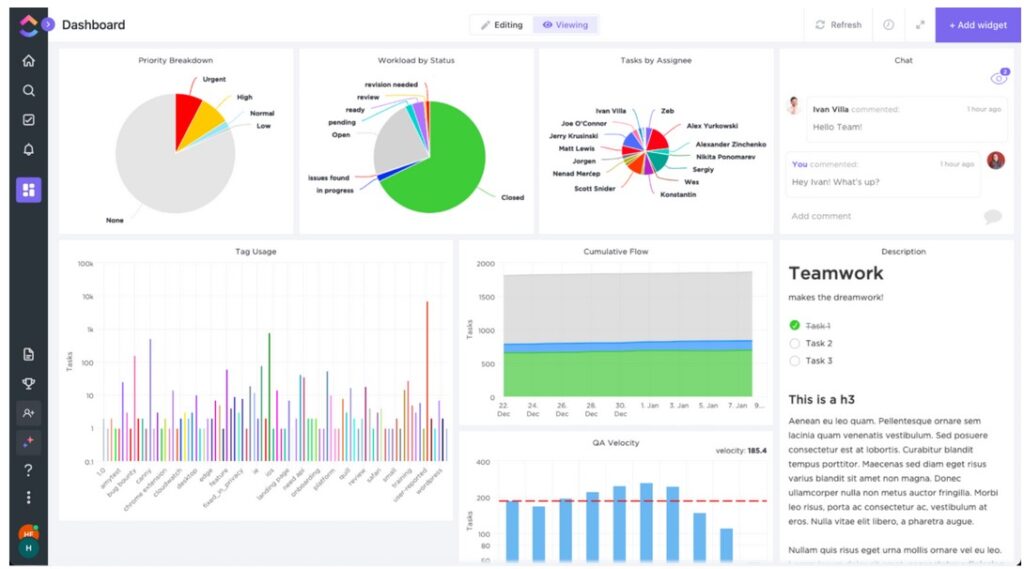
Comparison Based on Ease of Use, Data Accuracy, and Price
- Google Keyword Planner: Easy for beginners, highly accurate data, free.
- SEMrush: Moderate ease of use, very accurate data, premium pricing with a free trial.
- Ahrefs: Slightly steeper learning curve, highly accurate data, premium.
- Moz Keyword Explorer: User-friendly, accurate data, offers both free and premium versions.
2. On-Page SEO Optimization Tools
Tools for Analyzing and Optimizing Web Pages
In the journey of mastering SEO for beginners, leveraging on-page SEO optimization tools is crucial.
These tools analyze elements on your web pages—such as titles, headings, content quality, and meta tags—to ensure they’re optimized for your target keywords.
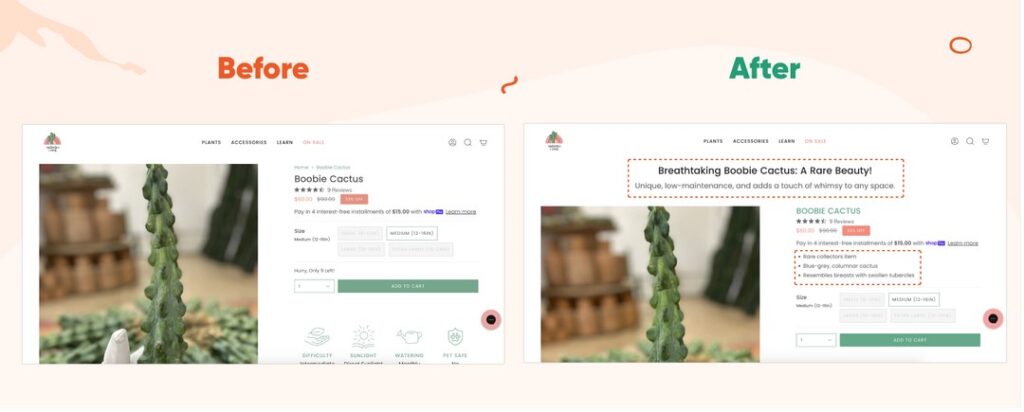
Features Comparison: Usability, Integration with Other Tools, and Cost-Effectiveness
- Yoast SEO: Renowned for its WordPress plugin, it’s user-friendly and offers real-time page analysis.
- Screaming Frog SEO Spider: Excellent for technical SEO audits, with a focus on finding on-page issues.
- Moz Pro: Offers a suite of tools including on-page optimization features, with great integration capabilities.
- Usability: Yoast SEO is the most beginner-friendly, with Screaming Frog and Moz Pro catering more to intermediate and advanced users.
- Integration: Moz Pro excels with its ability to integrate with other Moz tools and third-party platforms.
- Cost-Effectiveness: Yoast SEO offers a robust free version, making it highly cost-effective for beginners.
3. Content Creation and Optimization Tools
Tools That Help in Creating SEO-Friendly Content
For those new to SEO for beginners, content creation and optimization tools are indispensable. These platforms assist in crafting content that’s not only engaging and informative but also optimized for search engines.

They analyze your content for keyword density, readability, and SEO friendliness, suggesting improvements to increase your chances of ranking higher.
Comparison of Content Suggestion Features, User-Friendliness, and Pricing
- Clearscope: Offers detailed content reports and recommendations for optimization.
- MarketMuse: Uses AI to provide content strategies and topic suggestions.
- SEMrush Writing Assistant: Integrates with SEMrush’s keyword tool to offer SEO guidance while you write.
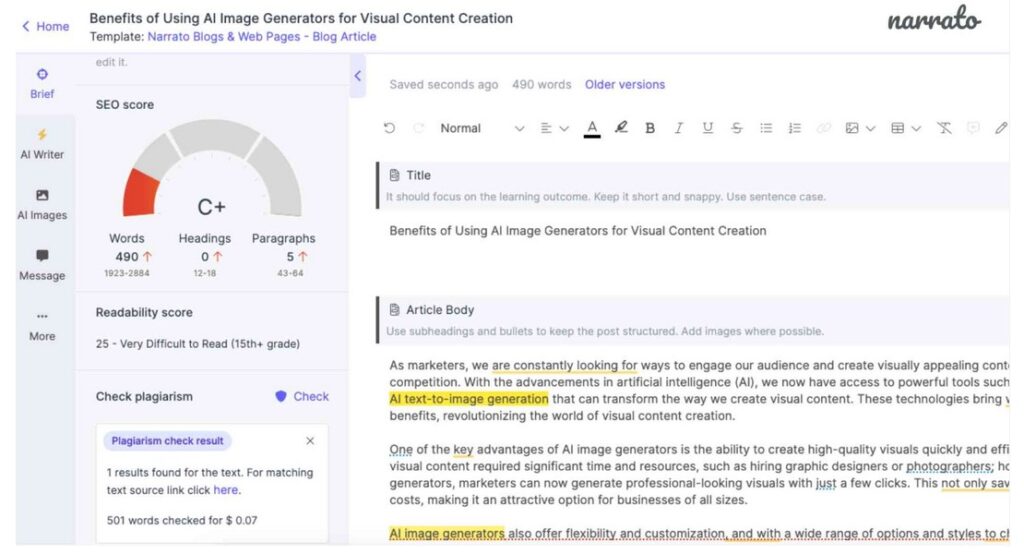
- Content Suggestion Features: MarketMuse leads with its AI-driven insights, while Clearscope and SEMrush provide valuable, actionable recommendations.
- User-Friendliness: SEMrush Writing Assistant is notable for its ease of use, integrating directly into Google Docs or WordPress.
- Pricing: Clearscope and MarketMuse are on the pricier side, reflecting their advanced features, whereas SEMrush offers a comprehensive suite that includes the Writing Assistant as part of its broader SEO toolkit.
4. Technical SEO Audit Tools
Importance of Technical SEO for Website Health
For those diving into “SEO for Beginners,” recognizing the critical role of technical SEO is a must. It ensures that your site is built in a way that search engines can understand and rank. Here’s why it’s essential:

- Site Speed: Search engines prioritize sites that load quickly, providing a better user experience.
- Mobile-Friendliness: With mobile-first indexing, having a site optimized for mobile devices is crucial.
- HTTPS: Secure sites are a trust factor for users and a ranking signal for search engines.
- Crawlability: Ensuring search engines can easily crawl your site is fundamental for indexing.
Evaluating Tools Based on Depth of Analysis, Report Comprehensibility, and Affordability
- Google Search Console: Free, beginner-friendly, essential for basic site monitoring.
- Screaming Frog SEO Spider: Offers detailed insights with both free and paid versions.
- SEMrush Site Audit: Comprehensive analysis with a focus on actionable recommendations, premium.
- Ahrefs Site Audit: Deep, actionable insights into site health, premium.
5. Link Building Tools
The Role of Backlinks in SEO Success
Backlinks are vital for SEO success, indicating to search engines that your content is valuable and authoritative. High-quality backlinks can significantly impact your site’s search engine rankings.
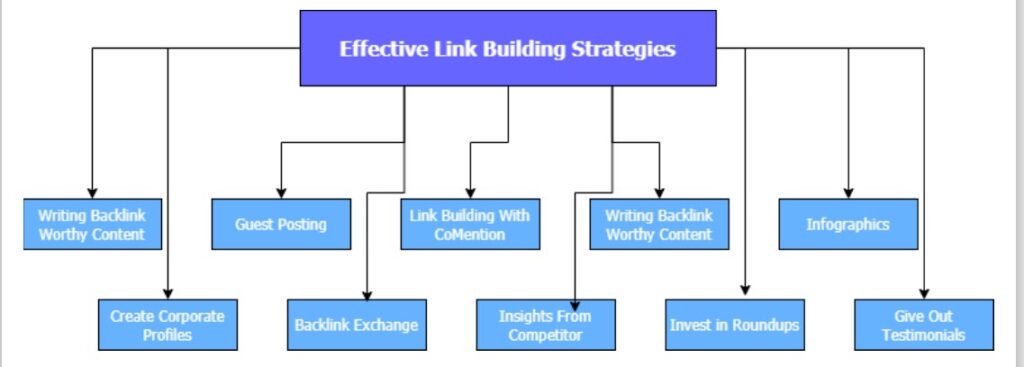
Comparing Tools for Link Analysis, Outreach Capabilities, and Price
- Moz Pro’s Link Explorer: Great for backlink analysis and tracking domain authority.
- Ahrefs Backlink Checker: Offers a vast database for live backlink tracking.
- BuzzSumo: Excellent for content discovery and influencer outreach.
- Majestic: Specializes in backlink analysis with detailed metrics.
Local SEO Tools
Essential Tools for Optimizing for Local Search
Local SEO tools are crucial for businesses aiming to increase their visibility in local search results. Optimizing for local search can drive foot traffic and attract local customers effectively.
Criteria for Choosing: Feature Set, Local Keyword Tracking, and Investment

- Google My Business: A free, must-have tool for managing your business listing on Google.
- BrightLocal: Comprehensive local SEO features including listings management.
- Moz Local: Streamlines local listing management across various platforms.
- SEMrush Local SEO Tools: Offers local ranking tracking and optimization tools.
SEO Analytics and Reporting Tools
Monitoring and Reporting Your SEO Progress
For those just starting with “SEO for Beginners,” monitoring and reporting your SEO progress is crucial. It allows you to see what strategies are working, where improvements are needed, and how your efforts are impacting your website’s visibility in search engines.
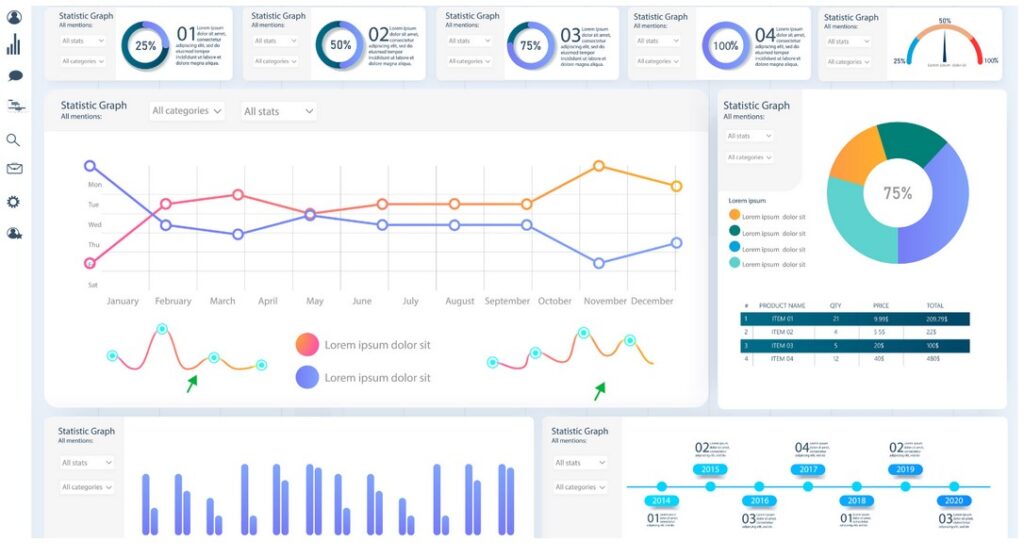
SEO analytics and reporting tools provide data on keywords rankings, traffic, backlink profiles, and much more.
Tools Comparison Based on Accuracy of Data, Integrations, and Cost
- Google Analytics: A free tool that offers deep insights into your website traffic and user behavior. It’s essential for tracking SEO success but can be complex for absolute beginners.
- SEMrush: Known for its accuracy in keyword position tracking and comprehensive SEO audits. It offers excellent integrations with Google Analytics and Google Search Console, making it a powerful tool for monitoring SEO progress.
- Ahrefs: Offers detailed backlink analysis and keyword tracking. It’s praised for its data accuracy and user-friendly interface, making it a favorite among SEO professionals.
- Moz Pro: Provides a range of SEO tools including keyword research, site audits, and rank tracking. It’s known for its easy-to-understand reports, making it suitable for beginners.
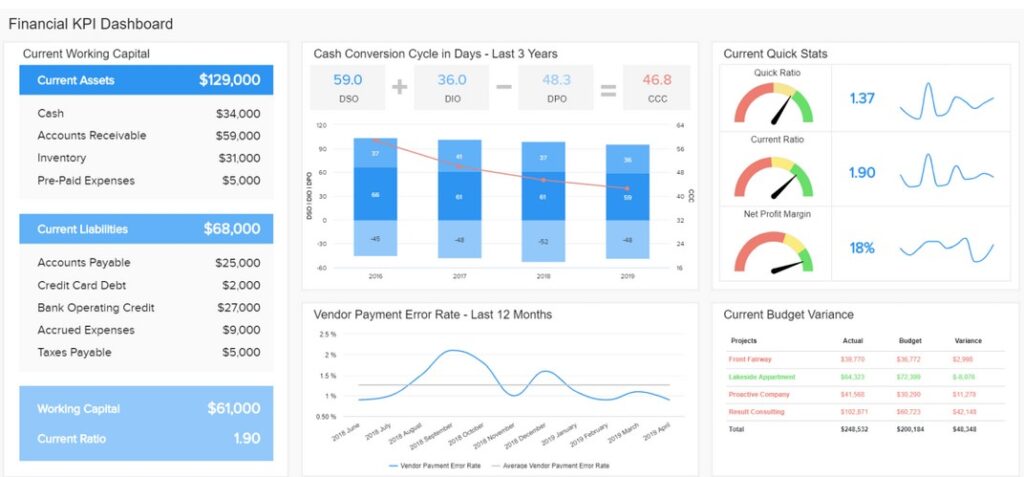
- Accuracy of Data: Ahrefs and SEMrush are top-notch.
- Integrations: SEMrush stands out with its wide range of integrations.
- Cost: Google Analytics is free, while SEMrush, Ahrefs, and Moz Pro offer various subscription plans tailored to different needs.
SEO Toolkits for Comprehensive Management
Multi-feature SEO Platforms for End-to-End Management
When diving into “SEO for Beginners,” it’s beneficial to have a multi-feature SEO platform that can manage all aspects of your SEO strategy. These comprehensive toolkits offer everything from keyword research and on-page SEO to backlink analysis and technical SEO audits.

Comparing Top Toolkits on Market Coverage, Ease of Use, and Subscription Plans
- SEMrush: Offers an all-in-one platform with extensive features covering all SEO needs. It’s highly regarded for its market coverage and competitive analysis tools.
- Ahrefs: Provides a suite of SEO tools focusing on backlink analysis, content research, and keyword tracking. It’s celebrated for its data accuracy and comprehensive site audits.
- Moz Pro: Known for its user-friendly interface and educational resources, making it ideal for beginners. Offers a well-rounded set of tools for keyword research, site audits, and link analysis.

- Market Coverage: SEMrush and Ahrefs lead with the most extensive data.
- Ease of Use: Moz Pro is particularly beginner-friendly, with a straightforward interface and helpful guidance.
- Subscription Plans: All platforms offer various plans to suit different sizes of businesses and needs. SEMrush and Ahrefs are on the higher end, reflecting their extensive features, while Moz Pro provides a more affordable option for beginners.
Free vs. Paid SEO Tools
Pros and Cons of Free Tools Versus Investing in Paid Versions
“SEO for Beginners” often involves starting with free tools before potentially moving on to paid versions. Here’s a breakdown of the pros and cons:
- Free Tools:
- Pros: Cost-effective for beginners, good for basic tasks like keyword research and simple analytics.
- Cons: Limited features, lack of comprehensive data and support.
- Paid Tools:
- Pros: More comprehensive features, extensive data accuracy, and customer support.
- Cons: Can be expensive for beginners or small websites.
Free Tools: SEO for Beginners
1. Google Analytics
Google Analytics is a web analytics service offered by Google that tracks and reports website traffic, providing valuable insights into user behavior and website performance.

It’s a fundamental tool for SEO and marketing professionals to understand how visitors interact with their sites.
Pros:
- Comprehensive Data: Offers in-depth insights into user demographics, behavior, and conversion metrics.
- Integration: Seamlessly integrates with other Google services like Google Ads and Google Search Console.
- Customization: Allows for custom reports and dashboards to track specific metrics relevant to your SEO goals.
Cons:
- Complexity: Can be overwhelming for beginners due to its extensive features and data.
- Privacy Concerns: Some users are wary of how Google uses the data collected.
Price: Free.
Experience: Best suited for users with at least an intermediate understanding of web analytics, though essential for all levels seeking to improve their SEO and overall website performance.
2. Google Search Console
Google Search Console is a free service by Google that helps you monitor, maintain, and troubleshoot your site’s presence in Google Search results.
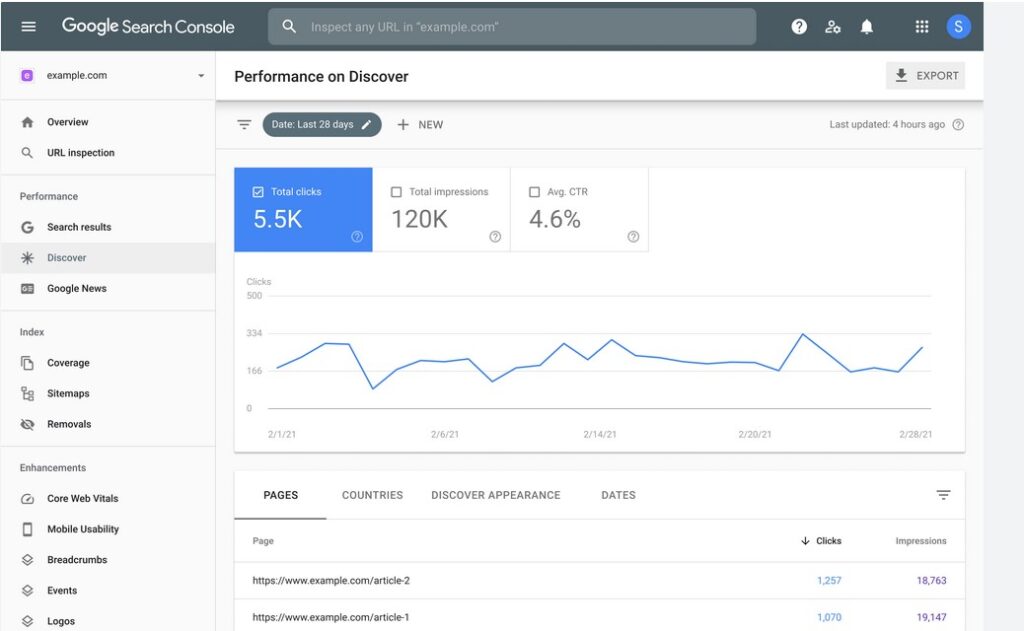
It provides insights into your site’s search traffic, performance, and issues affecting your ranking.
Pros:
- Search Insights: Offers detailed reports on how your site appears in search results.
- Alerts for Issues: Notifies you of any problems that could impact your site’s performance in search.
- Optimization Recommendations: Provides suggestions for improving your search presence.
Cons:
- Learning Curve: Some features can be complex for SEO beginners.
- Limited to Google: Focuses only on data from Google, ignoring other search engines.
Price: Free.
Experience: Essential for all website owners, from beginners to advanced users, looking to enhance their presence on Google.
3. Ubersuggest
Ubersuggest is a free SEO tool by Neil Patel that provides keyword suggestions, content ideas, and site audits to help improve your site’s SEO performance.
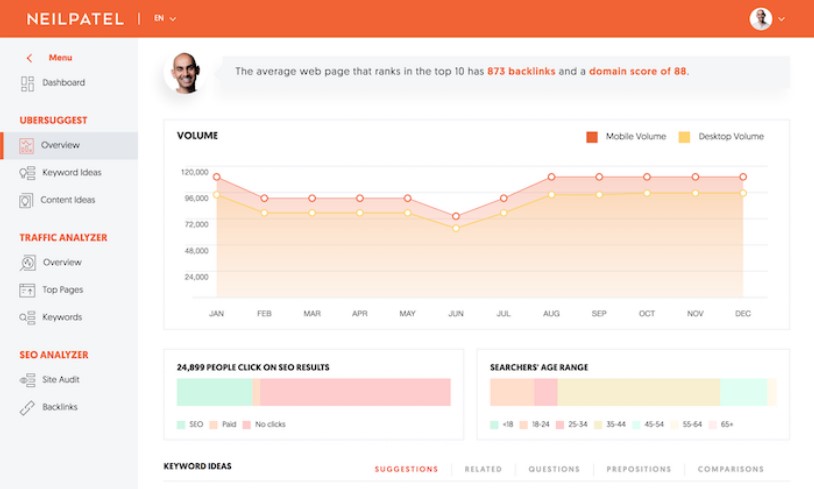
It’s designed to offer easy-to-understand insights for keyword research and competition analysis.
Pros:
- User-Friendly Interface: Easy for beginners to navigate and understand.
- Keyword Insights: Offers keyword suggestions, search volume, and competition data.
- Content Ideas: Provides content suggestions based on the keywords you research.
Cons:
- Accuracy Concerns: Some users have reported discrepancies in data accuracy.
- Limited Features in Free Version: Advanced features and more in-depth analysis require a paid plan.
Price: Free version available; paid plans offer more features.
Experience: A great starting point for beginners in SEO, offering straightforward tools and insights to get started with keyword research and content planning.
4. MozBar
MozBar is a free browser extension that provides instant SEO insights about websites or search engine results pages (SERPs).
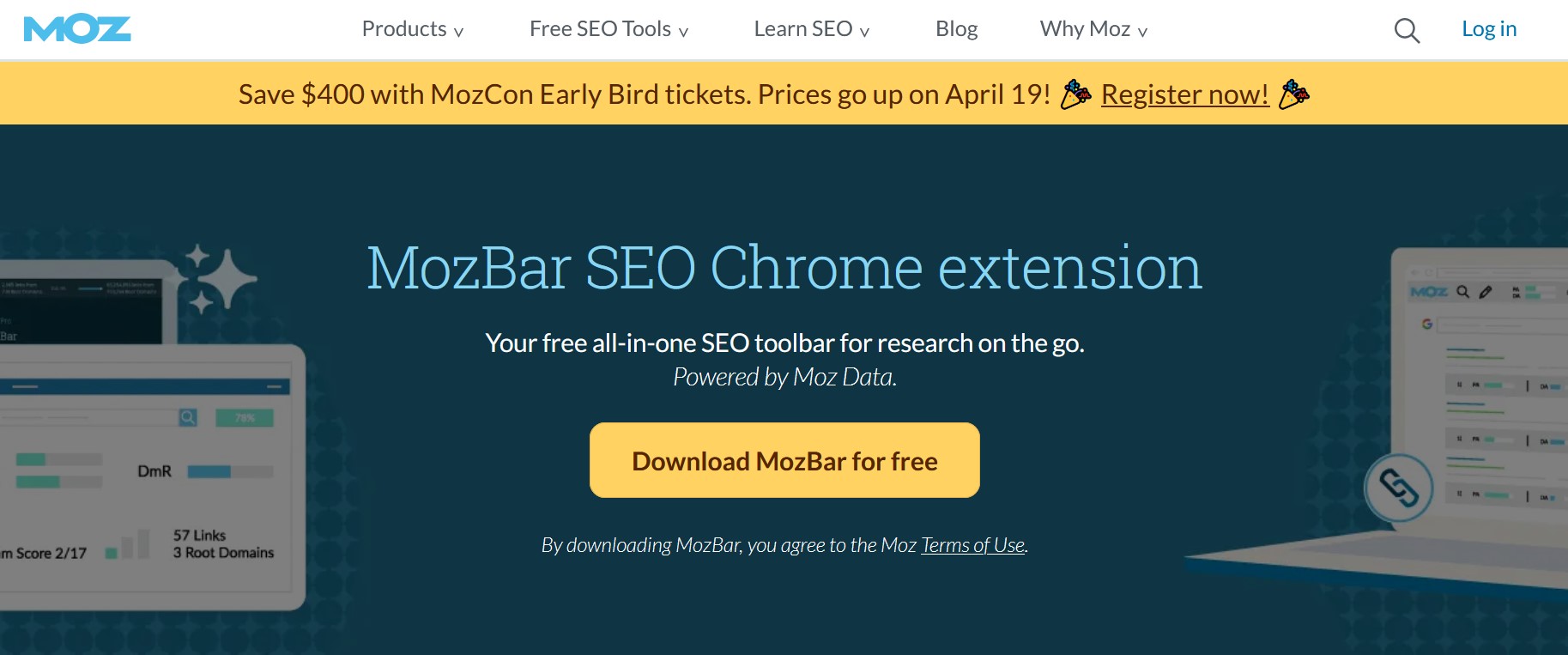
It offers metrics like Page Authority and Domain Authority, on-page elements, and link data.
Pros:
- Convenience: Easily accessible directly in your browser.
- SERP Analysis: Quick insights into the SEO metrics of pages and sites as you browse.
- On-Page Elements: Offers a breakdown of a site’s basic SEO elements.
Cons:
- Basic Metrics: Limited to a few key metrics in the free version.
- Browser-Specific: Only available as a browser extension, which might not suit everyone’s workflow.
Price: Free; additional features available with Moz Pro subscription.
Experience: Ideal for SEO beginners and intermediates who need quick access to SEO metrics without leaving their web browser.
5. SEOquake
SEOquake is a free browser extension that provides organic search data at the click of a button. It includes information on metrics such as Alexa rank, Google index, Bing index, and more.
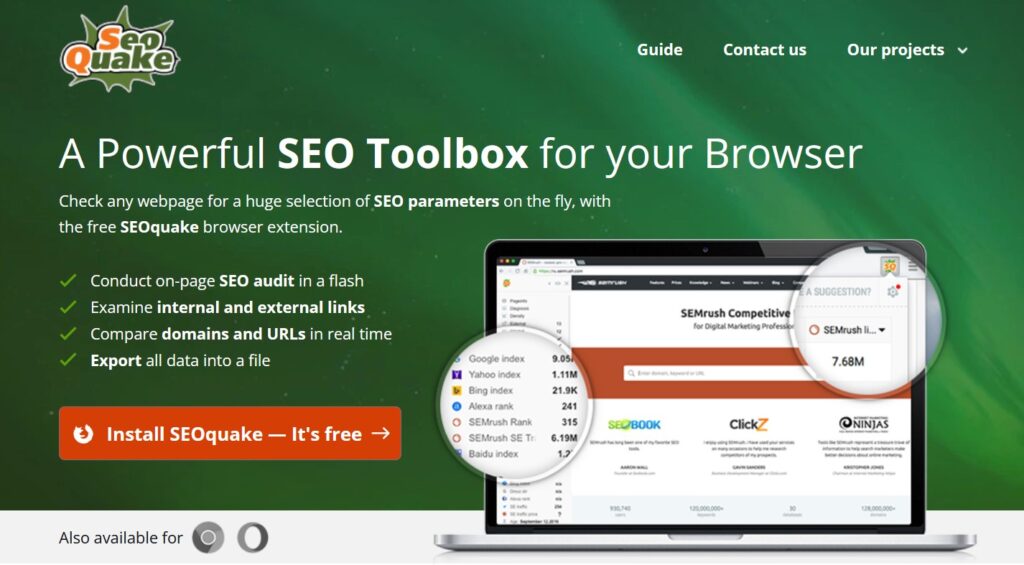
It also offers features like SEO Audit and keyword density report.
Pros:
- Instant SEO Summary: Offers a comprehensive overview of numerous SEO parameters quickly.
- Versatility: Available for multiple browsers, including Chrome, Firefox, and Opera.
- Competitor Analysis: Easy comparison of competitor metrics in real-time.
Cons:
- Information Overload: Can be overwhelming for beginners with the amount of data presented.
- Accuracy: As with any tool, data should be cross-referenced for accuracy.
Price: Free.
Experience: SEOquake is suitable for SEO professionals and marketers who want quick insights into pages and SERPs but can be a valuable learning tool for beginners willing to explore its features.
Paid Tools: SEO for Beginners
1. SEMrush
SEMrush is a comprehensive SEO toolkit that offers a wide range of features including keyword research, site audits, competitor analysis, and more.
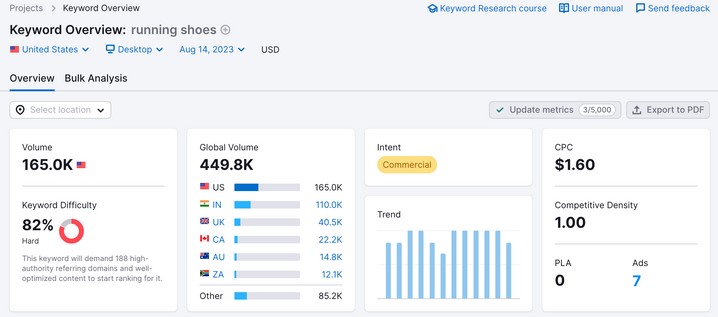
It’s designed to provide SEO professionals and beginners with in-depth insights into their SEO strategy and the competitive landscape.
Pros for SEO for Beginners:
- Comprehensive Data: Offers extensive data on SEO, PPC, and social media, making it versatile.
- User-Friendly Interface: Despite its vast array of features, SEMrush maintains an accessible interface suitable for beginners.
- Learning Resources: Provides an abundance of tutorials and resources, aiding beginners in navigating through its features.
Cons:
- Price: Can be expensive for individuals or small businesses just starting out.
- Information Overload: The sheer amount of data available can be overwhelming for SEO beginners.
Price: Starts from $119.95/month, with various plans catering to different needs.
Experience: While SEMrush is a powerful tool for all levels, beginners in SEO may require time to fully leverage its potential, making it a worthwhile investment for those serious about enhancing their SEO efforts.
2. Ahrefs
Ahrefs is known for its advanced SEO analysis tools, with a focus on backlink analysis, keyword research, and competitive analysis. It’s a favorite among SEO professionals for its accurate data and comprehensive site audits.
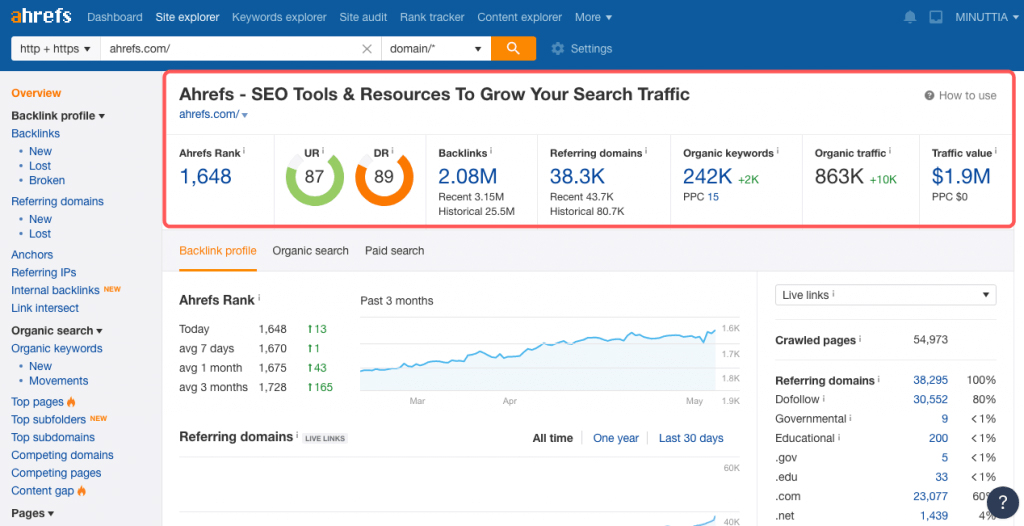
Pros for SEO for Beginners:
- Accurate Backlink Database: Offers one of the most extensive backlink databases on the market.
- Intuitive Design: Features a clean, user-friendly interface that beginners can navigate with ease.
- Educational Content: Ahrefs provides a blog and free learning materials that are invaluable for beginners looking to deepen their SEO knowledge.
Cons:
- Cost: Similar to SEMrush, Ahrefs can be costly for those on a tight budget.
- Focused on Backlinks: While comprehensive, its strongest features cater more towards backlink analysis, which might not be the initial focus for SEO beginners.
Price: Plans start at $99/month, with options for larger teams and more extensive needs.
Experience: Ahrefs is ideal for SEO for beginners who are ready to dive deeper into backlink analysis and want a tool that grows with their skills.
3. Moz Pro
Moz Pro offers a suite of SEO tools that cover everything from keyword research to link building and site audits. Its user-friendly interface and comprehensive data make it a great choice for those new to SEO.
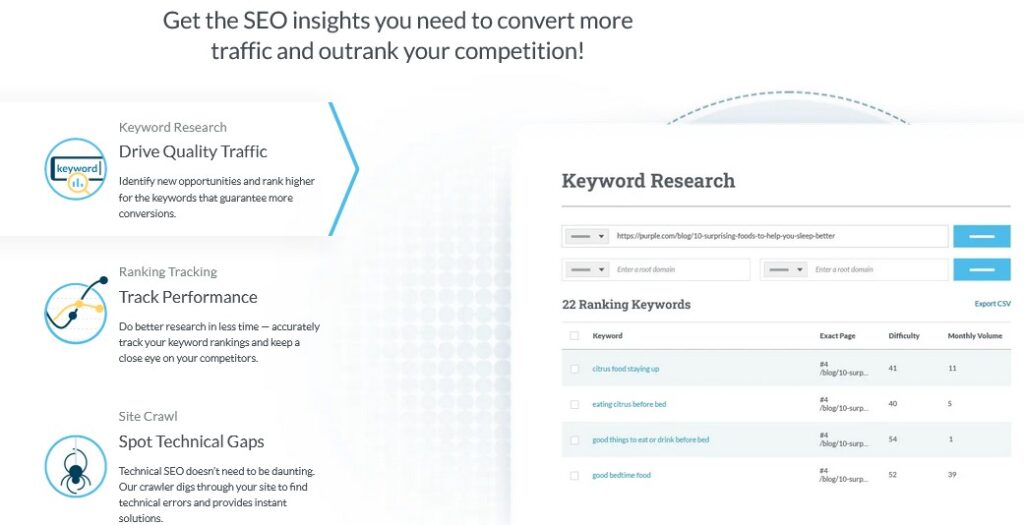
Pros for SEO for Beginners:
- Ease of Use: Perhaps the most beginner-friendly tool, offering straightforward explanations of SEO metrics.
- Moz Community: Access to a supportive community and a wealth of educational resources.
- Keyword Explorer and Site Audits: Powerful features that are accessible to beginners.
Cons:
- Data Breadth: While highly accurate, Moz’s data sets can be less comprehensive than those of SEMrush or Ahrefs.
- Price Point: While more affordable than some other tools, the cost can still be a hurdle for hobbyists or very small businesses.
Price: Starting at $99/month, with various levels to suit different needs.
Experience: Moz Pro is highly recommended for beginners in SEO who value ease of use and educational support alongside powerful SEO tools.
4. SpyFu
SpyFu is a specialized tool focusing on competitor analysis, keyword research, and PPC insights.
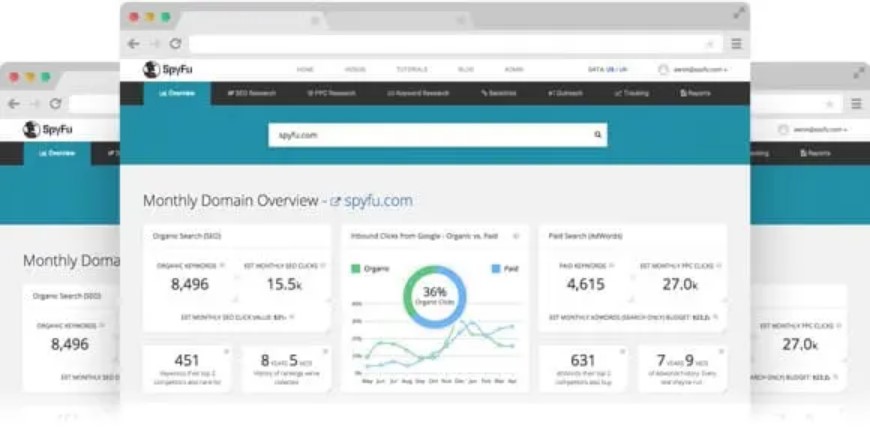
It allows users to see their competitors’ most profitable keywords and ads for paid and organic search.
Pros for SEO for Beginners:
- Competitor Insight: Exceptional for understanding competitors’ SEO strategies.
- Affordability: One of the more affordable paid SEO tools, offering great value.
- User-Friendly Reports: Reports are easy to understand, making them great for beginners.
Cons:
- Narrower Focus: While great for competitor insights, it may not be as comprehensive for other SEO needs.
- Data Depth: The depth of data may not match that of larger, more expensive tools.
Price: Starts at $39/month, offering various plans for different needs.
Experience: SpyFu is a fantastic tool for SEO beginners interested in competitive analysis without overwhelming themselves with too broad a toolset.
5. Screaming Frog SEO Spider
Screaming Frog SEO Spider is a website crawler that allows users to crawl websites’ URLs to analyze and audit technical and onsite SEO.

It’s excellent for finding broken links, auditing redirects, and analyzing page titles and meta data among other tasks.
Pros for SEO for Beginners:
- In-depth Site Audits: Comprehensive tool for technical SEO audits.
- One-time Fee for the Paid Version: Unlike subscription models, Screaming Frog offers a one-time fee for its license.
- Educational Resources: Provides detailed guides and resources to help beginners get the most out of the tool.
Cons:
- User Interface: The interface can be less intuitive compared to more visually-oriented tools.
- Technical Focus: Its focus on technical SEO might require a steeper learning curve for absolute beginners.
Price: The free version offers basic features, while the paid version is £149.00 per year.
Experience: Screaming Frog SEO Spider is suited for SEO for beginners who have a specific interest in technical SEO and are willing to invest time in learning to use more complex tools effectively.
Recommendations for Different Budgets and Needs
- For those with minimal to no budget, starting with Google Analytics and Google Keyword Planner is advisable. They offer foundational insights that are crucial for any SEO strategy.
- Beginners ready to invest in their SEO efforts might consider a subscription to Moz Pro, as it offers a balance of comprehensive features and ease of use at a more accessible price point.
- For advanced users or businesses looking to scale their SEO, SEMrush or Ahrefs provide extensive datasets and advanced features that justify their higher cost.
Implementing SEO Tools into Your Strategy
Best Practices for Integrating Tools into Your SEO Workflow
For anyone embarking on “SEO for Beginners,” it’s crucial to understand how to effectively integrate SEO tools into your workflow. Here are some best practices:
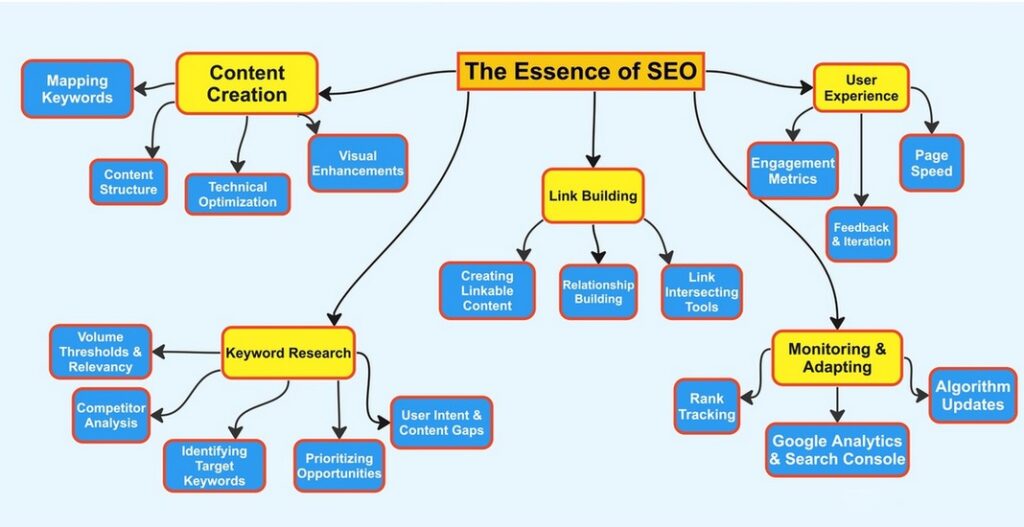
- Start with Your Goals: Define what you aim to achieve with your SEO efforts—whether it’s improving your site’s organic traffic, ranking for specific keywords, or enhancing your site’s technical health.
- Use Tools for Keyword Research and Planning: Utilize SEO tools to identify valuable keywords your target audience is searching for.
- Regularly Perform Site Audits: Leverage SEO software to conduct comprehensive site audits.
- Monitor Your Competitors: Understanding their strengths and weaknesses can help you refine your approach.
- Track Your Progress: Implement tools that allow you to monitor your site’s performance over time. Tracking metrics such as rankings, traffic, and conversions can inform adjustments to your strategy.
Avoiding Common Pitfalls When Using SEO Software
When delving into “SEO for Beginners,” be mindful of these common pitfalls:
- Over-reliance on Tools: Remember that SEO tools should aid your strategy, not define it. Use them as guides rather than absolute authorities.
- Ignoring the Learning Curve: Take time to learn how to use each tool effectively. Rushing in without understanding the features and data can lead to misinformed decisions.
- Data Overload: Avoid getting overwhelmed by the volume of data available. Focus on key metrics that align with your SEO goals.
- Neglecting Updates: SEO algorithms and software are constantly evolving. Stay updated with the latest features and best practices.
Recap of the Importance of Selecting the Right SEO Tools
Selecting the right SEO tools is paramount in “SEO for Beginners.” The appropriate software can streamline your workflow, offer valuable insights, and significantly impact your site’s search engine performance.
However, it’s essential to choose tools that align with your specific needs and goals.
Encouragement to Experiment and Find What Works Best for Your Specific Needs
SEO is not a one-size-fits-all endeavor. Experimentation is key. Don’t hesitate to try different tools and approaches to discover what works best for your website and business. Remember, the goal is to enhance your site’s visibility and ranking in a way that’s sustainable and effective over the long term.

By following these guidelines, “SEO for Beginners” can effectively integrate SEO tools into their strategy, avoid common pitfalls, and find the path that best suits their unique needs, paving the way for SEO success.

